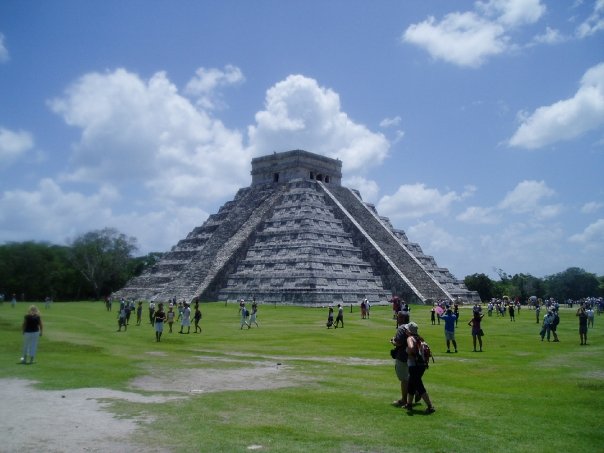The default government for fantasy seems to be feudalism, a complex structure of lords and vassals where allegiances between noble families may include ties of blood, marriage, and common defense. The general populace is generally tied to the land they work, which makes moving from one area to the next almost impossible. The nobles control the military and the economy. Evil or greedy nobles exploit their people, making for great villains. Other nobles may look on their position as one of duty, trying to be their peoples’ protector. Good nobles may be sworn to an evil liege, or the good liege may not have enough power to deal with their evil vassals. There are many possibilities.
However, there are other forms of government than feudalism. Democracy and republics both pre-date feudalism by centuries. Military juntas predate that. Any or all of these can add to your world building and make your setting stand out from the rest.
Theocracies, where the priests or religious class rule, have been a common form of government in the past. Even the aristocracies and kings from feudal times were often assumed to have a divine mandate to rule. Myos, the setting for the Blake Heira series, is a theocracy with a pantheistic religion. Each god is given their due in terms of controlling some aspect of governance, from the Church of Iricil (goddess of the family) doing all marriage ceremonies to the Church of Solemi (god of passings) dealing with funerals and the dead to the Church of Morn (god of justice) dealing with civil and criminal cases. Again, an evil priest in the workings of the government can be a major threat, as adherents flock to their banner to stop the heathens who are trying to stop them.
Although Tribalism or Tribal Nations are typically considered “primitive” forms of government, these can lead to very interesting settings. Small groups or bands are typically ruled by a chief (in pre-colonial North America, these were the oldest women in the band). Bands deal with other bands in the area, and the tribe is basically defined as the bands who have a common language and set of identity. There may be councils where the leadership of several bands get together to deal with common threats, trade, or share news. Tribal Nations generally have more hierarchy, where there may be chiefs who command respect from other bands. Again, an evil chief can prove a major hazard to a hero, as they often are the most respected member of the group, and may have hundreds of people willing to follow them to whatever end.
Republics and democracies use some sort of council to make laws and rule the area. The major difference between ancient governments of this type and those that exist today is who is allowed to participate. Sparta claimed to be a democracy, but less than a fifth of the people had any say in what was going on. Athens was little better, as only men of certain families were allowed to take part in their voting. On top of that, there would typically be an individual who was a de facto leader, such as the consuls of Rome. These people had far more power than a simple Senator. An evil consul who is trying to increase their power or a good consul dealing with a corrupt council are fun possibilities with this sort of system.
Although these are the more common types of governments, there are many others. Next week I’ll be talking about my writing progress, but the week after that, I’ll have an article about more unusual government types.
Thanks for reading. See you next Sunday!

